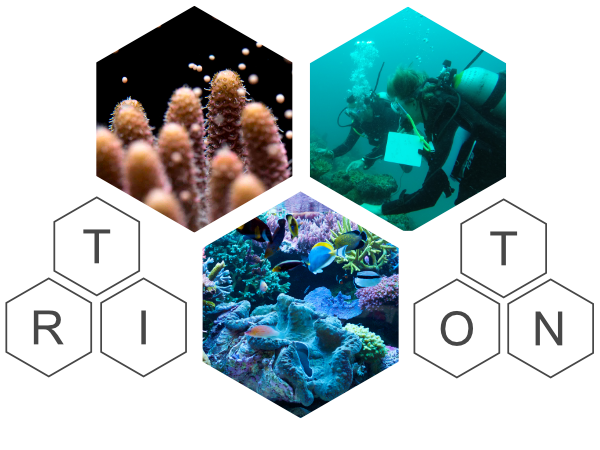History and Basics
In 2005 I revived an old hobby; salt-water aquariums. This time with a large focus on SPS corals. This en-devour has been long and hard, with quite a few lessons along the way.
The biggest lesson was end 2011 when the aquarium was testing higher and higher No3 when not having any changes at all. In the end it was the reverse osmosis water which was very dirty.
It took over 12 months to correct this problem and bring the aquarium to natural low nutrient state, took the corals another 2 months to fully recuperate. The lesson learned was buy good automated equipment with quality testing on its output.
The second issue was in 2012 when the corals started lighting up; after a lot of testing it was not the water parameters or anything out of the ordinary. This resulted in a large 1200 Liter water change over a period of a week. 3 months later the aquarium bounced to amazing results. Now in 2013 it is time to rebuild, rethink …
The primary setup at that moment was a 130 x 100 x 60 aquarium with a 300L sump.
In 2014 I moved to a new house, with huge amounts of space including a 80m2 cellar for all my exclusive hobbies. Decided to have the main aquarium function more as a display and move all the propagation and filters to the cellar. The main aquarium now houses around 1500L and the cellar houses around 1300L of filter and 1000L for propagation tanks.
At the same time this allowed for enough space for grow out tanks for fish breeding. In 2017 I purchased finally the new main tank in the living room and placed a tank for the breeding fish pairs.
At the end of 2020 started to focus on a dedicated SPS tank and collecting high-end corals to grow out colonies and in the future start propagating corals as frags. This tank was fully loaded with Microlados and other Australian SPS. However due to the large power cost increases at the end of 2022 decided to shutdown the main aquarium and move most stuff to the filter room. There focus more on soft rare corals like Rhodactis, Discosoma, Ricordea, Duncanopsammia , frogspawns, etc to be able to help others with the hobby, simplify and consolidate.
Equipment
| Type | Manufacturer | Model |
|---|---|---|
| Lighting | CoralCare Gen 2 | |
| Skimmer | 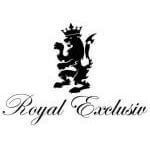 |
Bubble King® SuperMarin 250 |
| Reactor | FR509 (Carbon) | |
| Reactor | FR509 (RowaPhos) | |
| Main Pump |  |
Red Dragon® 3 Speedy 18,0m³ |
| Stream Pump
(Sump Return) |
Turbelle® stream 6125 | |
| Stream Pump
(Frag Tank) 2x |
Turbelle® nanostream® 6045 | |
| UV | Helix Max 2.0 55W |
| Type | Manufacturer | Model |
|---|---|---|
| System | 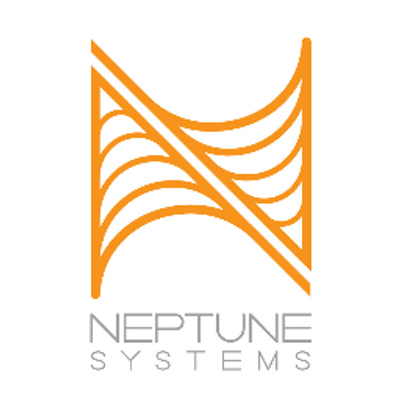 |
|
| KH Measurement | 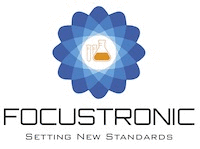 |
|
| Dosing |  |
Dosetronic |
| Measurement |  |
|
| Water – Top Off | Osmolator® | |
| Water – osmosis | RO Water Controller 8555 |
Water
Fresh water is maintained in a 150L vat and created from a Vertex Puratek 100GPD RO/RI system.
Tropic Marin Pro-Reef Salt is used for all salt-water mixes.
Aquarium Methodology
The best way to maintain a reef ecosystem. The only scientific framework, unique since 2008.
A scientific framework is a set of rules that enable a person to gain real knowledge. This type of framework is necessary when you want to achieve a generic and easy approach to a very complicated system to really find out what single elements do to a closed reef aquarium.
In the case of TRITON Method, which is the only scientific framework existing for reef keeping, we used and continue to use it to really understand how single elements, or a combination of elements, effect the ecosystem in a closed reef aquarium.
We do this by using the framework to make thousands of aquariums in the world comparable to each other. Without this framework the comparison of even 2 aquariums would not be possible and any knowledge that you would seek to gain would be fraudulent as there would be too many unknowns interfering with your final results.
The system is based on Triton Reef Elements, so minimally using refugium, but having system primarily relying on bacteria and dosing of RedSea NoPox.
This knowledge is the IP of TRITON and this type of science is unique in the reef keeping industry. The aquarium is ICP tested every 3 months.
Aquarium Testing
Focustronic products are primarily used for testing all aquarium parameters at regular intervals. Following table provides overview for the Mastertronic test kits used.
| Parameter | Brand |
Test Kit |
|---|---|---|
| Nitrate | 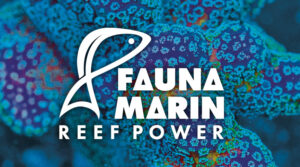 |
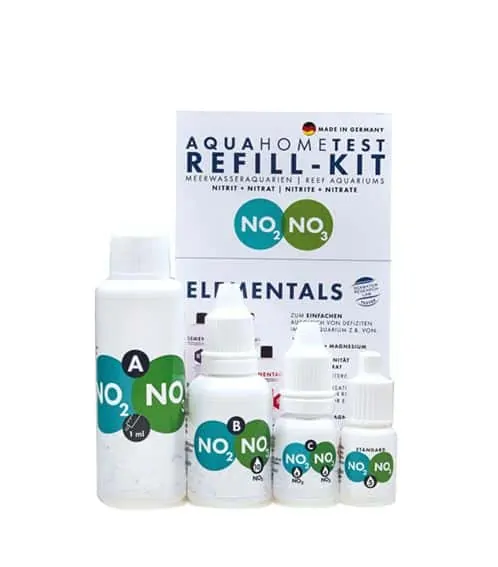 |
| Phosphate |  |
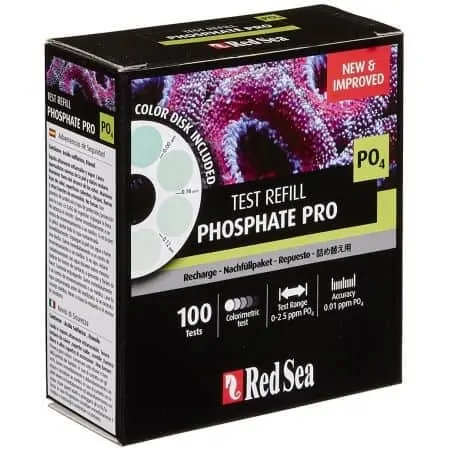 |
| Calcium |  |
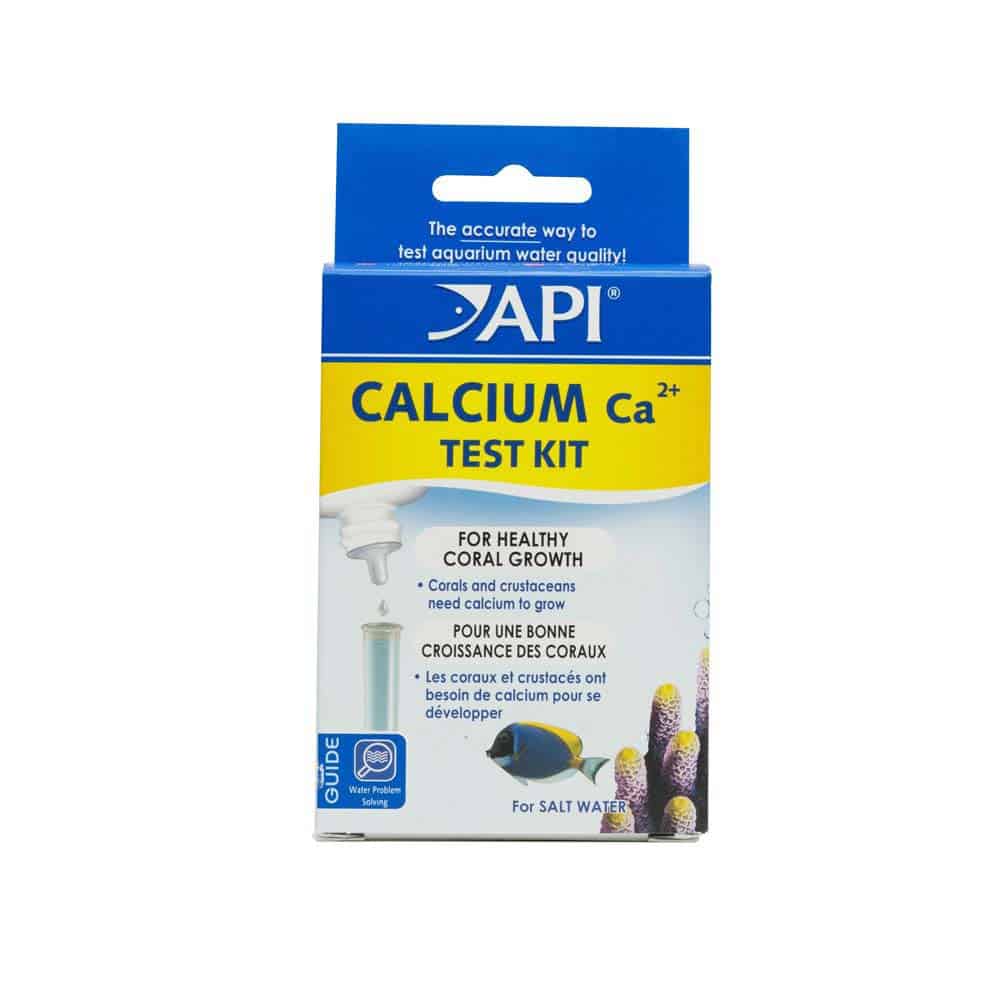 |
| Magnession |  |
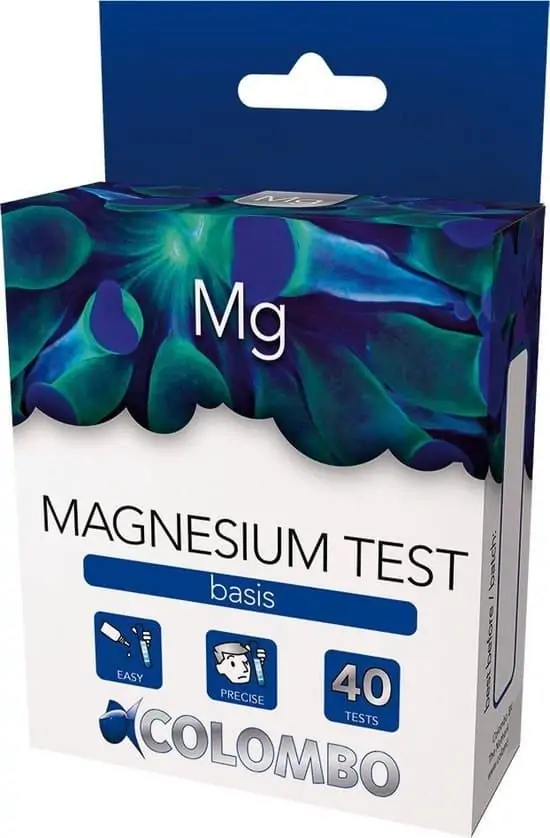 |
| Iodine |  |
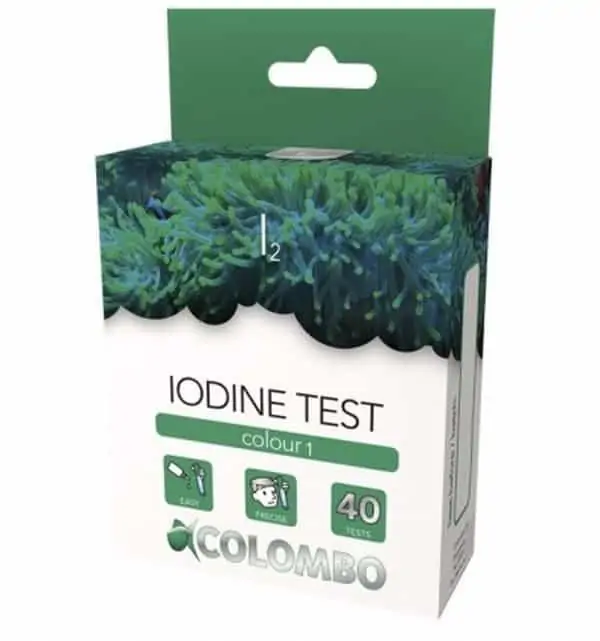 |


